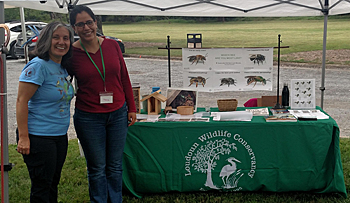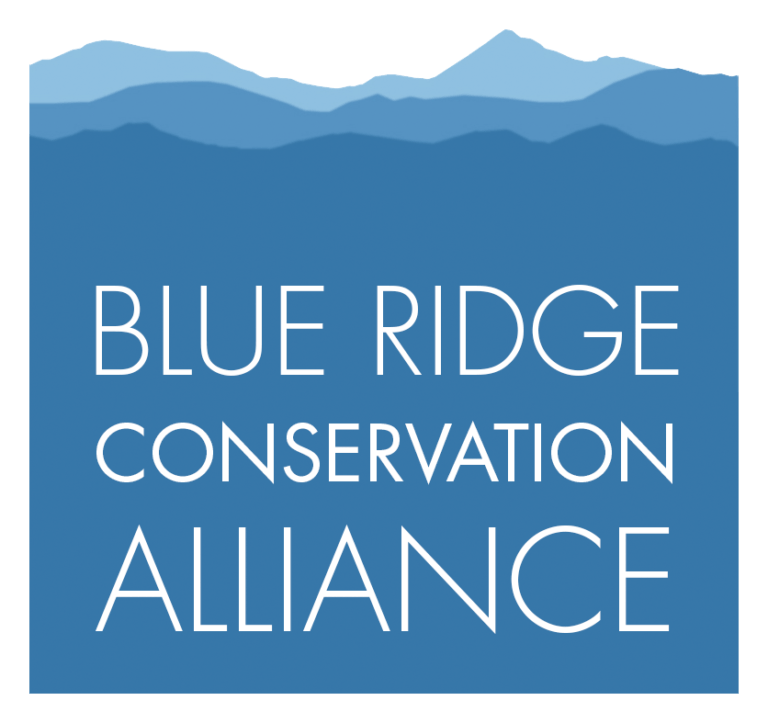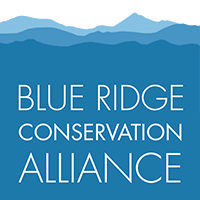A Big Thank You to the World’s Smallest Workers: Pollinators
Volume 25 Issue 2, Spring 2020
by Monica Acha
We are interconnected with the world around us, more than we realize and more than meets the eye. We get the pleasure of enjoying our favorite fruits, nuts, and vegetables thanks to the hard work of farmers, truckers, delivery personnel, grocery store workers, and farmer’s market vendors. Our food travels through helping hands so we can enjoy it with friends and family.
But if we look deeper into the food process, let’s not forget the tiniest workers that initiate the process: pollinators. This year, National Pollinator Week will be June 22-28.
What is a pollinator? Before becoming a volunteer with Loudoun Wildlife, I thought only of honeybees. How wrong I was! Now I have learned that pollinators include birds, moths, wasps, bees, butterflies, beetles, bats, and other small mammals. According to pollinator.org, one of three bites of food we consume has been made possible by pollinators, which “also sustain our ecosystem and produce our natural resources by helping plants reproduce.”

Author and volunteer Monica Acha, right, and Atziri Ibanez man the pollinator information booth during Loudoun Wildlife’s 2019 Native Plant Sale at Morven Park in Leesburg.
Loudoun Wildlife Conservancy photo
Pollinators are an important piece in our lives and our natural world. In recent years there have been reports of the decline of these amazing insects and animals. As the National Institute of Food and Agriculture has stated, “[o]ur nation’s pollinator populations have suffered serious losses due to invasive pests and diseases, such as mites and viral and fungal pathogens, exposure to pesticides and other chemicals, loss of habitat, loss of species and genetic diversity, and changing climate.”
We are witnesses to the loss of habitat in our area and the use of pesticides in our communities. However, we should not feel defeated, we should feel empowered to act. If you have not yet started a pollinator garden, planting the “Super 9” is a great way to start helping the pollinators. Native plants will attract native insects, and if you have a vegetable garden, you will have a better yield thanks to these pollinators. Also, stop or limit the use of pesticides, since the chemicals will harm the pollinators you are trying to help.
Resources:
https://www.pollinator.org/pollinators
Reversing Pollinator Decline is Key to Feeding the Future (USDA 2017)
Plant the ‘Super 9’ for Pollinators and They Will Come
The post A Big Thank You to the World’s Smallest Workers: Pollinators appeared first on Loudoun Wildlife Conservancy.
The post A Big Thank You to the World’s Smallest Workers: Pollinators appeared first on Loudoun Wildlife Conservancy.




